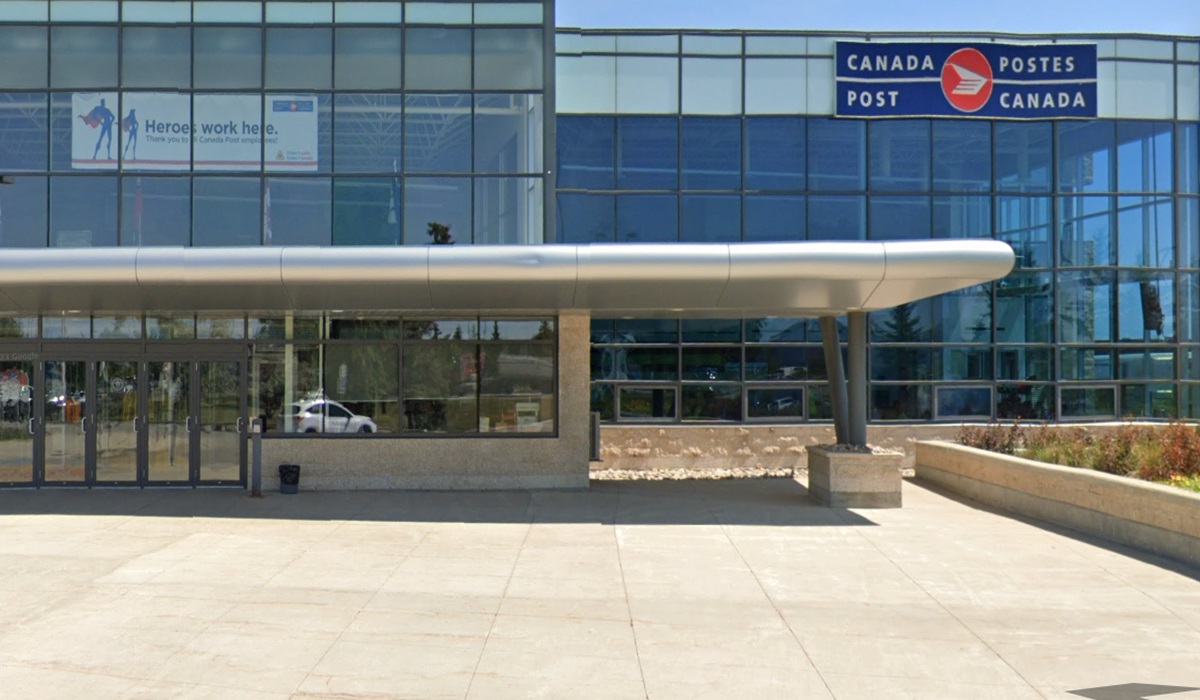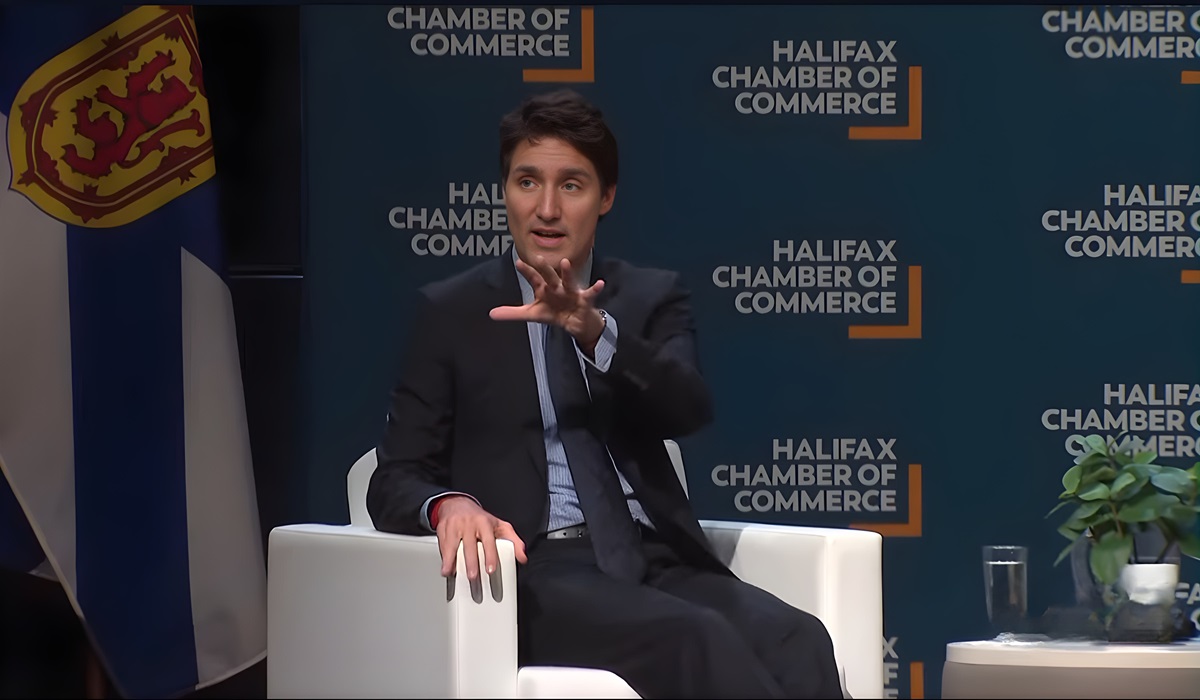Postal Workers Strike Exposes Leadership Failures in Labour Negotiations
- TDS News
- Canada
- December 7, 2024

Three weeks into the Canada Post strike, the nation is once again grappling with the consequences of failed labor negotiations. Postal workers are demanding better pay, stronger job security, and improved safety measures—reasonable requests that should never have escalated to this point. Yet, the Liberal government has allowed tensions to reach a boiling point, demonstrating a recurring inability to address labor disputes effectively.
This is not unfamiliar territory. In 2018, then in a majority position, Prime Minister Justin Trudeau’s government imposed back-to-work legislation to force an end to a Canada Post strike. Today, the situation is starkly different. With a minority government reliant on the New Democratic Party, Trudeau cannot fall back on such measures. The NDP has already made it clear they will not support heavy-handed tactics, leaving the current administration to navigate this crisis with fewer options and heightened pressure.
The timing of the strike is no accident. Postal workers, an essential service, have chosen a critical period to press their demands—not out of malice but as a calculated strategy. The disruption, however, is significant, affecting small businesses, consumers, and a fragile economy. For many Canadians, this strike symbolizes broader frustrations with leadership that seems reactive and out of step with domestic priorities.
The elephant in the room is the government’s glaring contradictions. Billions of dollars are sent abroad to fund foreign wars and global projects, yet domestic concerns like fair wages and safer workplaces remain underfunded. Canadians pride themselves on helping others, but this generosity often feels misplaced when basic needs at home go unaddressed.
This strike also highlights growing discontent with the current political landscape. While some are weary of Trudeau and the Liberal Party, they are not necessarily enamored with the Conservative alternative. Instead, there is a desire for leadership that prioritizes Canadian workers and resolves disputes before they escalate into crises.
The strike will likely end as most do—with a negotiated agreement. However, the larger question remains: why must Canadians always endure the fallout of avoidable labor conflicts? If this cycle continues, Trudeau and his government may face mounting pressure to not only change their approach but step aside altogether, making room for leaders who prioritize the needs of the people over political brinkmanship.








